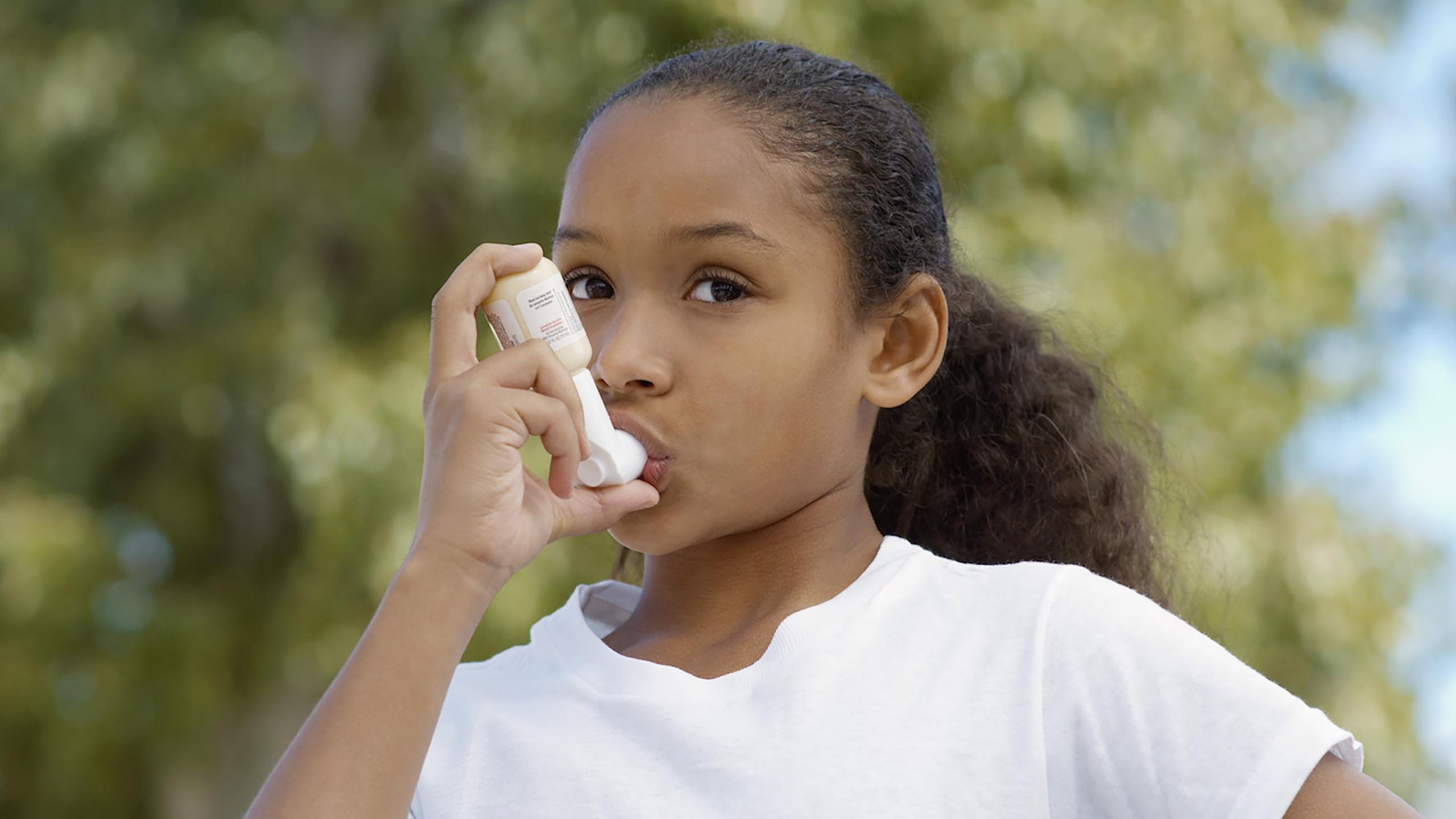
Dear Eartha,
A friend recently told me that environmental health is public health. We don’t have any power plants in Summit County, so how does that relate to me?
Human health and environmental health are deeply interconnected, and as you noted, energy use is a great example of this. Even if we don’t all think about energy efficiency or the clean energy transition every day, these are issues that impact our health more often than you might realize. Understanding this link is crucial for designing healthier communities and enabling you and your loved ones to live healthier lives.
Energy is a Public Health Issue
One of the most direct impacts of energy usage on health is air quality. Burning fossil fuels for energy production, space heating, and transportation releases a variety of pollutants into the atmosphere. These pollutants, such as particulate matter and various byproduct gases, have been proven to increase risk of cardiovascular issues, cancer, and respiratory diseases like asthma and bronchitis. In fact, research from Harvard University found that in 2018, 8 million people worldwide died from fossil fuel pollution. The study’s press release notes, “The findings underscore the detrimental impact of fossil fuels on global health.” In a nutshell, bad for the environment, and bad for humans.
What about closer to home? A Sierra Club report from 2021 found that the Cherokee power plant located in north Denver is one of the largest and most polluting power plants in Colorado. About 67,000 people live within a 3-mile radius of the Cherokee plant; 71% of them are people of color, and 45% are low-income. And, according to Center for Disease Control data, people living in the census tracts surrounding the Cherokee plant suffer from higher rates of asthma, cancer, high blood pressure, and diabetes when compared to the greater metro Denver population.
These health impacts don’t just burden bodies, they also burden finances. A comprehensive report from the Natural Resources Defense Council found that U.S. healthcare costs associated with air pollution caused by fossil fuel combustion already exceed $800 billion annually. These costs are expected to increase as we continue burning fossil fuels – and while the health and economic impacts fall heaviest upon disadvantaged community members, we all pay the price; healthcare costs for the least affluent among us are generally paid by Medicare and Medicaid programs, which are taxpayer funded.
Energy is a Personal Health Issue
Energy use – and the air pollution that follows – doesn’t just impact the ambient air we breathe outside. It’s inside our homes, too. Recently, research has highlighted the negative air quality impacts of gas stoves, particularly poorly ventilated and older models. In fact, cooking with gas can lead to levels of nitrogen dioxide and carbon monoxide – both air pollutants – that would violate EPA standards for outdoor air quality. Is that air you want your family to breathe?

A Healthy Future is Here
This is scary stuff, but there is hope! The fact is, we already have the solutions. Transitioning to cleaner energy sources, like solar and wind, and reducing energy consumption through energy efficiency can dramatically improve air quality, both where the energy is generated and at home. In turn, this leads to healthier living.
How can you help? Getting a home energy assessment from the High Country Conservation Center is a great place to start. During an assessment, a home energy analyst examines how your home uses energy and identifies potential health and safety issues. Common recommendations, like improving the air tightness and insulation in your home, can significantly reduce your energy consumption AND help solve potential health and safety risks. And adding a ventilation system, like an Energy Recovery Ventilator, improves air quality efficiently by bringing filtered, fresh air into your home while exchanging heat in the process to conserve energy.
Our energy choices have serious health implications for ourselves, our families, and our neighbors. While we don’t have fossil fuel-fired power plants in Summit County, the way we use energy impacts our neighbors to the east who do have these facilities in their backyards. Fortunately, we have the power to improve air quality and health for ourselves and others when we prioritize energy efficiency and clean energy. And these choices start in our own homes.
